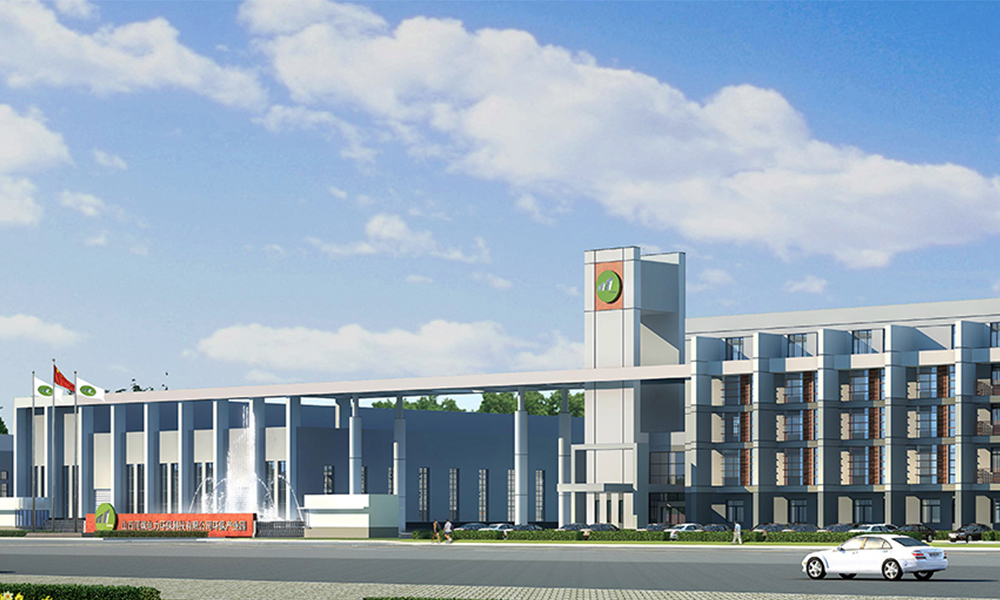Joint statement of the BRICs high level meeting on climate change
1. The BRICs high level meeting on climate change was held by video on May 13, 2022. The meeting was presided over by Huang Runqiu, Minister of ecological environment of the people's Republic of China, Xie Zhenhua, special envoy of China for climate change affairs, Zhao Yingmin, Deputy Minister of ecological environment of the people's Republic of China, Joaquin Wright, Minister of environment of the Federal Republic of Brazil, Sergei arnoprinenko, Deputy Minister of natural resources and ecology of the Russian Federation, environment Bupander Yadav, Minister of forests and climate change and Minister of labor and employment, and Barbara kerisi, Minister of forests, fisheries and environment of the Republic of South Africa attended the meeting.
2. at present, the world, especially the developing countries, are struggling to recover from multiple challenges, including the COVID-19, the economic crisis and striving to achieve the sustainable development goals. The BRICs high level meeting on climate change aims to work together to address climate change and jointly explore the way to accelerate the transformation of low-carbon and climate resilience and achieve sustainable, balanced and inclusive recovery and development.
3. We jointly commemorate the 30th anniversary of the United Nations Framework Convention on climate change (UNFCCC) and reaffirm that all parties should abide by the objectives, principles and institutional framework of the Convention and its Paris Agreement. We recall that the adoption of the Convention 30 years ago symbolizes that the international community has fully recognized the adverse effects of climate change on nature and mankind, and that all parties are committed to taking action and actively responding to it under the jointly established consensus, framework and principles. We reaffirm the status of the Convention and its Paris Agreement as the basic legal compliance and main channel for the international community to cooperate in addressing climate change, and commit ourselves to promoting the full and effective implementation of the Convention and its Paris Agreement.
4. We reaffirm that multilateralism is an important path to address global challenges such as climate change. All parties should adhere to multilateralism and focus on specific climate actions. We call on all countries to adhere to the principles of the Convention and its Paris Agreement, such as the principle of common but differentiated responsibilities and the principle of respective capabilities, take into account different national conditions, enhance mutual trust, strengthen cooperation and implement the Convention and its Paris Agreement accurately, balanced and fully on the basis of existing consensus and in accordance with the institutional arrangements for national independent decision-making and contribution. Developing countries need to be supported by means of implementation to contribute their best efforts.
5. We attach great importance to addressing climate change and emphasize that the BRICs countries have played an active leading role in the multilateral process of climate change and made great contributions to global low-carbon, climate resilience and sustainable development. We recognize that in the context of world economic recovery and the achievement of sustainable development goals, including efforts to eradicate poverty, developing countries face more difficulties and challenges in achieving the global carbon neutrality goal. According to our respective national conditions and capabilities, we have put forward national independent contributions that reflect the highest ambition, carried out ambitious actions to address climate change within the framework of sustainable development, and achieved remarkable results.
6. China has been implementing an active national strategy to address climate change. On the basis of exceeding the 2020 climate action goal promised to the international community, China further put forward the goal vision of striving to peak carbon dioxide emissions by 2030, striving to achieve carbon neutrality by 2060, and a series of new measures to improve national independent contribution. By 2021, China's energy consumption intensity per unit of GDP has decreased by 26.2% compared with 2012, the installed capacity of renewable energy has exceeded 1 billion kw, and a quarter of the world's new green area comes from China. China has submitted an updated national independent contribution and long-term low greenhouse gas emission development strategy, established a leading group for carbon peak carbon neutralization, completed the top-level design of carbon peak carbon neutralization, and basically established the "1 + n" policy system of carbon peak carbon neutralization. China is planning to build a 450 million KW large-scale wind power photovoltaic base, which will actively promote the construction of the national carbon market, vigorously support the green and low-carbon development of energy in developing countries, and no new overseas coal power projects will be built. China has put forward the global development initiative, which aims to accelerate the 2030 agenda for sustainable development, and takes climate change and green development as one of the eight priority areas of cooperation.
7. Brazil is committed to addressing the adverse effects of climate change. At the twenty Sixth Conference of the parties to the Convention (cop26), Brazil raised its mitigation ambitions and proposed a new target of reducing greenhouse gas emissions by 50% in 2030 compared with 2005. Brazil announced strategic measures to achieve its 2050 climate neutrality commitments, including zero illegal deforestation by 2028, restoration and reforestation of 18 million hectares by 2030, and encouraging the expansion of the national railway network. Brazil has also joined the global methane agreement and recently announced the formulation of a "national plan to reduce methane emissions - zero methane", which will be committed to creating economic resources by reducing methane emissions. Brazil has resolutely completed the negotiations on the implementation rules of the Paris Agreement, and looks forward to the carbon market mobilizing more resources and further enhancing the global ambition to deal with climate change.
8. Russia firmly adheres to the principles of the Convention and the Paris Agreement and remains committed to the objectives it has set. Russia announced to achieve carbon neutrality by 2060. Russia is making efforts to deeply restructure its industrial and energy sectors, and 45% of its energy balance benefits from low emission energy sources such as nuclear power generation. Russia plans to improve the utilization of associated gas and implement large-scale ecological modernization and energy efficiency projects in all economic sectors. Russia is building infrastructure to produce hydrogen and use it as a raw material and energy carrier. Russia recognizes that one of the main objectives is to improve the ability to adapt to climate change and emphasizes that climate change will affect everyone regardless of the political environment. Russia will hold an international conference in St. Petersburg in July 2022 and invite BRICs partners to participate.
9. India is committed to strong climate action, including the promotion of sustainable lifestyles based on rational consumption and waste reduction. India has launched a cross cutting policy involving many important economic sectors such as energy, transport and industry, and has achieved outstanding results in realizing or even surpassing its initial national independent contribution under the Paris Agreement. This shows that the intensity of emissions per unit of GDP growth has gradually decoupled from the level of India's economy in 2005. The installed capacity of non fossil energy power generation in India has reached 159 million

近日,在推动清洁能源与环保技术的进程中,加科燃烧器与晋煤控股集团山西同煤电力环保科技有限公司达成重要合作。山西···

在当今全球绿色低碳发展的浪潮中,能源装备行业正经历着变革。作为行业内的佼佼者,加科燃烧器凭借其卓越的技术实力和···